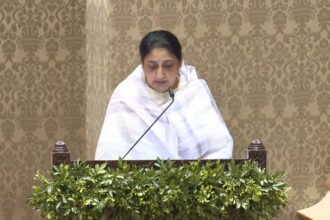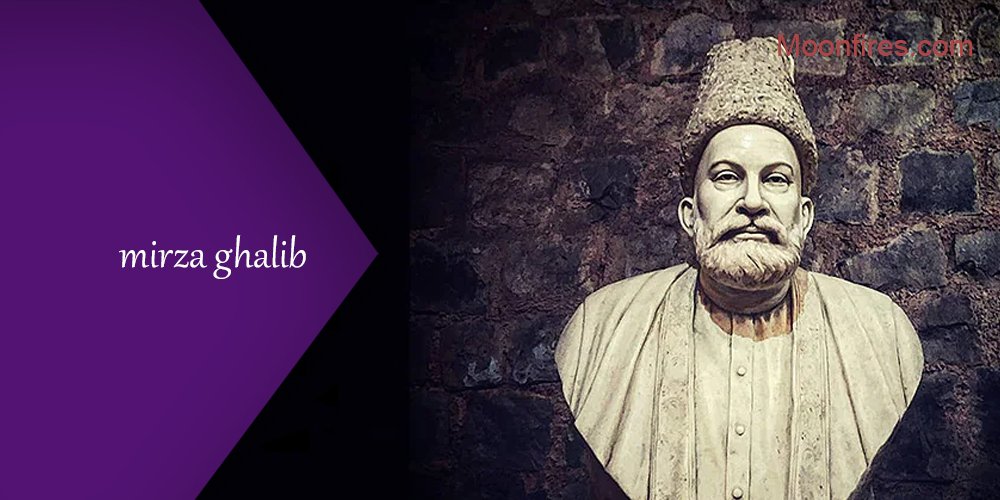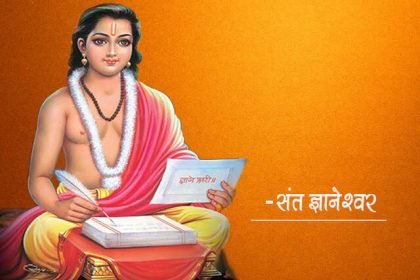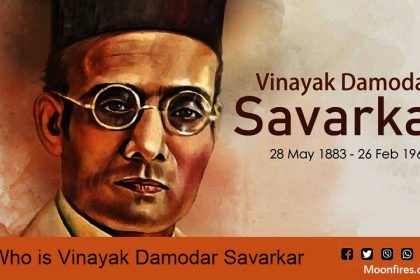Mirza Asadullah Khan Ghalib, better known simply as Mirza Ghalib, was a towering figure in the realm of Urdu and Persian literature. Born in Agra in 1797, he witnessed the twilight years of the Mughal Empire and the gradual rise of British rule in India. His life, a tapestry woven with personal tragedies and political upheavals, found profound expression in his poetry, which continues to resonate with readers across generations and cultures.
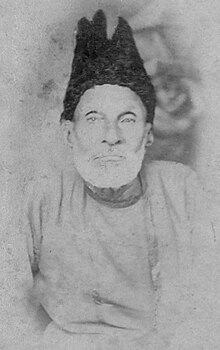
Ghalib’s early life was marked by privilege and loss. Born into a family of nobility, he received a traditional education in Persian and Arabic. However, tragedy struck early when he lost his father at a young age and was subsequently orphaned altogether by the age of 19. These losses would cast a long shadow on his life, finding poignant reflection in his verses.
A Master of the Ghazal:
Ghalib’s true calling lay in the realm of poetry. He excelled in the ghazal, a form characterized by its intricate rhyme scheme, evocative imagery, and nuanced exploration of love, loss, and existential questions. Ghalib’s ghazals were unique for their blend of wit, pathos, and philosophical depth. He infused them with personal experiences, observations of his turbulent times, and a playful use of metaphors and similes.
A Life of Turmoil and Triumph:
Ghalib’s life was marked by financial struggles and personal hardship. He lived through the decline of the Mughal Empire and the tumultuous transition to British rule. He depended on patronage from Mughal royalty and nobles, but their fortunes dwindled along with the empire. Despite these challenges, Ghalib continued to write, his verses bearing witness to the changing times and his own inner turmoil.
Despite his struggles, Ghalib did find moments of solace and joy. He was known for his wit and humor, and his letters to friends reveal a playful and affectionate side to his personality. He also enjoyed a close relationship with the last Mughal emperor, Bahadur Shah Zafar, who recognized his genius and appointed him as his poet laureate.
Enduring Legacy:
Ghalib’s true recognition came after his death in 1869. His ghazals became widely read and admired, not just in India but also in Pakistan, Afghanistan, and beyond. His work transcended borders and languages, finding fans among literary giants like Ralph Waldo Emerson and Faiz Ahmed Faiz. Today, Ghalib is considered one of the greatest Urdu and Persian poets of all time. His verses continue to be taught in schools and universities, sung by qawwali singers, and recited by lovers of poetry around the world.
Mirza Ghalib’s Impact:
Ghalib’s influence extends far beyond the realm of literature. His poetry provides a window into the cultural and historical landscape of late Mughal India, offering insights into the social, political, and intellectual ferment of the time. His verses also resonate with universal themes of love, loss, and the human condition, making them relevant to readers across generations and cultures.
Ghalib’s legacy is a testament to the enduring power of poetry. He left behind a treasure trove of ghazals that continue to inspire, delight, and move readers. His life, a story of struggle and triumph, serves as a reminder of the human spirit’s ability to rise above adversity and create beauty in the face of despair.
Why is Ghalib so famous?
What is the main theme of Ghalib poetry?
What is the couplet of Mirza Ghalib?
I hope this article provides a brief overview of Mirza Ghalib and his immense contribution to literature. If you’re interested in learning more about him, I encourage you to delve into his poetry and discover the magic of his words for yourself.


